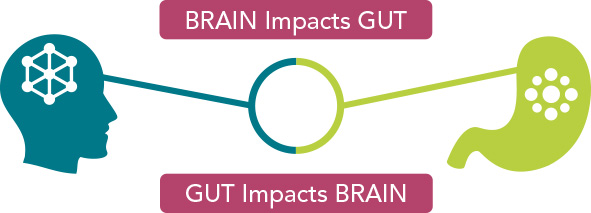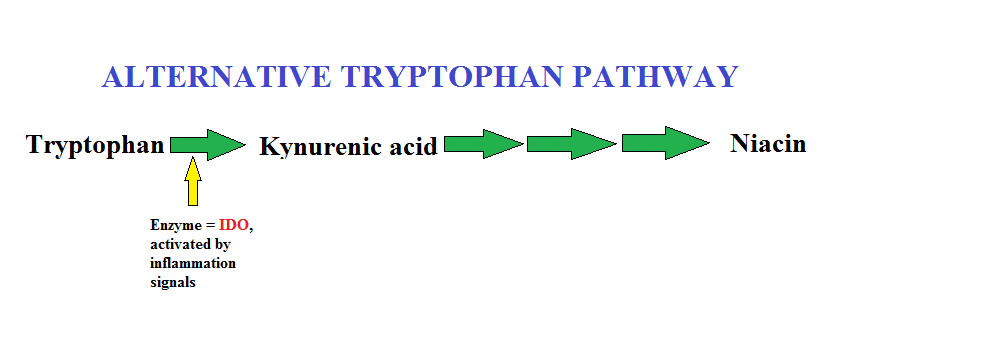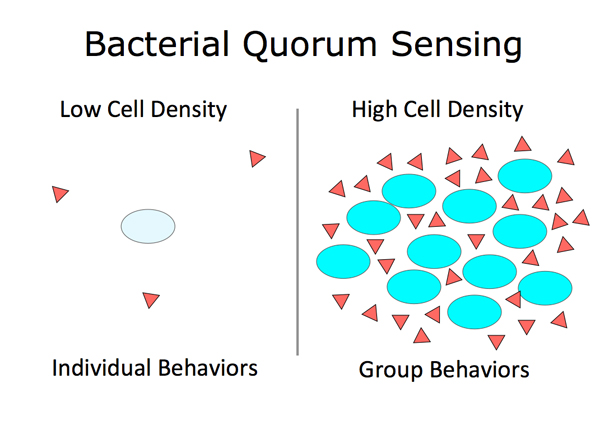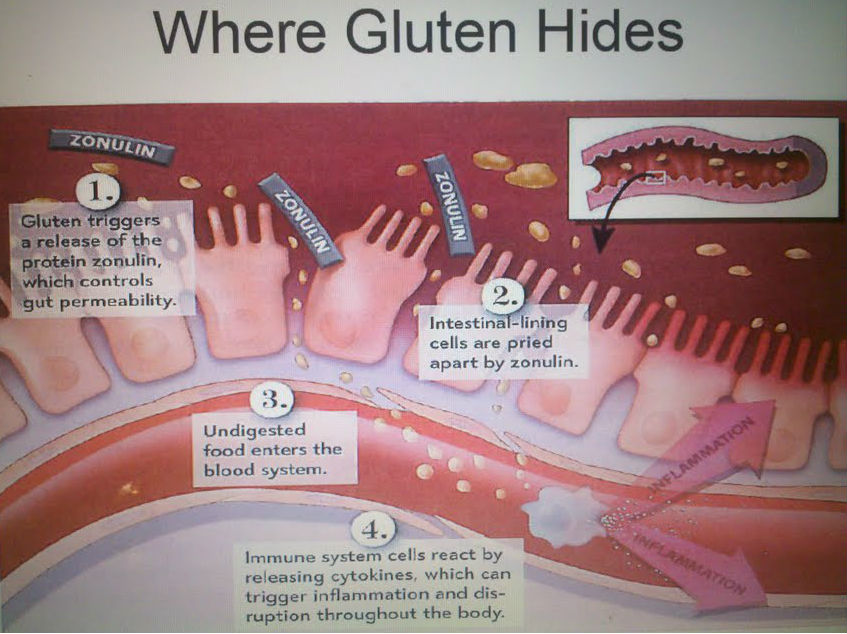Leaky Gut Syndrome
The gut and brain are intricately connected, communicating in a bi-directional manner through a ‘nervous system language’ of small molecules and proteins. And both have a direct effect on overall health. Disturbances in the brain from either physical or psychological stress affect gut function, while imbalances in the gut environment can produce behavioural and neurochemical changes.

Something seemingly unrelated like a food intolerance, can trigger a hormonal imbalance that makes you feel anxious or depressed, long after you’ve eaten that bowl of pasta for instance. This is because serotonin is generated in the lining of the gut and the presence of leaky gut will have a large impact on circulating serotonin levels.
As we saw earlier, tryptophan is primarily converted in the body into serotonin. However, tryptophan can also be converted to vitamin B3, or niacin.

This alternative pathway is regulated largely by an enzyme called IDO (indoleamine-pyrrole 2,3-dioxygenase). Increased IDO activity occurs when inflammation increases. When leaky gut is present, the immune system reacts to bacteria entering the bloodstream, initiating an inflammatory response.
If the body focuses on this pathway too much, low levels of serotonin and melatonin can occur, potentially leading to depression and/or insomnia. Hence, healing leaky gut is vital to maintain healthy psychological functioning.
The micro-organisms residing in our intestines also play a role in nervous system health and function. Research shows that the gut bacteria communicate electrically (via “quorum sensing”) with each other through proteins called ‘ion channels’, just like the nerve cells in the brain. They have been shown to work best when together at high density.

Quorum sensing allows bacteria to switch between two distinct gene expression programs: one that is favoured at low-cell-density for individual, asocial behaviours, and another, that is favoured at high-cell-density for social, group behaviours.
We know serotonin is responsible for mood in the brain and motility in the gut, but it can also act as a bacterial signalling molecule for pathogenic bacteria via quorum sensing. Thus, regulating serotonin concentrations in the gut is important not only for mood, but also for infection processes.
A healthy intestinal wall and a balanced gut flora are therefore crucial to maintain the intestinal barrier and reduce the risk of gastrointestinal and neurological conditions.
For more than 99% of our existence, we humans have been eating a gluten-free diet, that’s been high in fat and low in carbohydrates. Gluten is in fact a foreign protein to human physiology. Gluten has been shown to increase levels of the protein zonulin in the gut leading to leaky gut syndrome.
This gut permeability allows undigested food proteins and bacterial endotoxins to pass into the blood stream, activating an inflammatory immune response in the body.

Elevated zonulin levels in the gut have been linked to elevated zonulin levels in the brain. Hence, a leaky gut can lead to a leaky brain. The blood brain barrier is just as permeable as our gut lining and once breached, the brains immune system can be activated, causing inflammatory cascades throughout the brain.

Studies have associated ‘leaky gut’ with the following neurological conditions:
- schizophrenia
- autism & other developmental disease
- Rett syndrome
- bipolar disorder
- depression
- anxiety
- nerve pain syndrome
- neuropathy
- ADD/ADHD
- Parkinson’s disease
- seizure disorders
- Bell’s palsy
Inflammation decreases neuron activity in the frontal lobe of the brain in people with depression. As a result, medications like antidepressants are often ineffective because they aren’t addressing the underlying brain inflammation.
In other words, if you suffer from depression, anxiety, brain fog or an autoimmune brain problem, blood-brain barrier permeability (leaky brain syndrome) should be considered.
Read my “Gut & Disease” article for more information on leaky gut syndrome.
